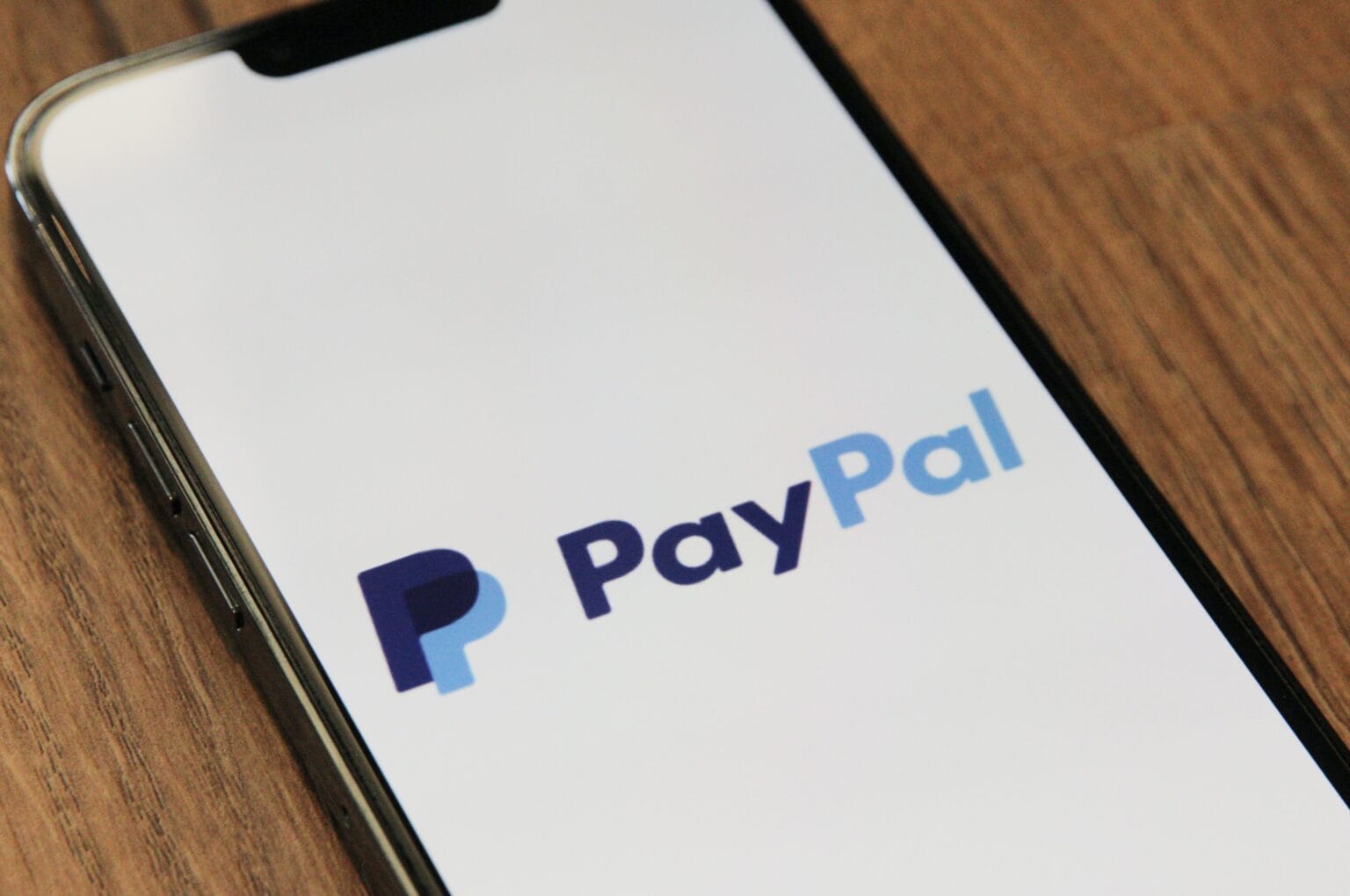The recent scrutiny of PayPal’s stablecoin, PYUSD, by the U.S. Securities and Exchange Commission (SEC) has sparked debates about the classification of digital assets and the SEC’s role in regulating the crypto industry. This latest move is part of a broader trend in the regulatory landscape, led by SEC Chairman Gary Gensler, targeting cryptocurrencies. The debate centres on whether stablecoins, like PYUSD, should be considered securities and the implications this might have for the crypto market.
PYUSD and the Regulatory Landscape
PayPal’s PYUSD is one of the newer stablecoins, designed to maintain a stable value by being backed by reserves. The SEC’s request for documents related to PYUSD has raised concerns about potential regulatory actions and their impact on the cryptocurrency market. This move follows the SEC’s legal action against the BUSD stablecoin issued by Paxos in March, highlighting the regulator’s increasing focus on stablecoins.
“Picking Winners” in the Crypto Space
Many observers see the SEC’s actions as an attempt to “pick winners” within the cryptocurrency sector. In a market dominated by crypto natives, PayPal’s entry into the stablecoin space was a significant endorsement of the technology during a period of crypto market volatility. Stablecoins, particularly those denominated in U.S. dollars, can boost global demand for and access to the U.S. currency, reinforcing its monetary hegemony.

Controversy Surrounding PYUSD
Despite the potential benefits, the launch of PYUSD has been met with scepticism. Rep. Maxine Waters, a prominent figure in the House Financial Services Committee, expressed concerns about the stablecoin, emphasizing the need for federal oversight. Stablecoins are a contentious topic for U.S. lawmakers and regulators, and their regulatory framework is a work in progress.
The Challenge of the “Howey Test”
The SEC typically uses the “Howey Test” to determine whether an asset qualifies as a security. However, there is a significant exception to this test: activities that fall within a more restrictive regulatory regime, such as banking and insurance, are not considered securities. This exception highlights the complexity of categorizing assets like PYUSD, which operate in a regulated environment and follow established rules.
Are Stablecoins Truly Securities?
One of the fundamental questions raised by the SEC’s investigation is whether stablecoins can be classified as securities. Jesse Austin Campbell suggests that the SEC might argue that PYUSD constitutes a securities arrangement due to the collective enterprise involved in its creation and issuance. However, the existing definition of securities suggests that profits must primarily result from the efforts of others, which may only partially apply to stablecoins like PYUSD.
The Complexities of Stablecoin Operations
Stablecoins like PYUSD operate through a joint commercial arrangement between PayPal and Paxos, with the effort and responsibility shared between the two entities. This arrangement involves user deposits and reserves for maintaining the stablecoin’s value. While the SEC may argue that this arrangement constitutes a collective enterprise’s profits, it can be likened to various financial tools that are not considered securities, such as checking accounts or online money transfer tokens.
Reductio ad Absurdum
The situation raises concerns about the potential overreach of regulatory authorities. If everything can be classified as security at the SEC’s discretion, it challenges the foundation of securities law. The interpretation of the Howey Test is vague enough that almost any purchase with potential profit could be viewed as a securities offering, undermining the legal framework’s integrity.
The SEC’s investigation into PayPal’s PYUSD is part of a broader regulatory push in the cryptocurrency industry. Classifying stablecoins as securities is a contentious issue that may have far-reaching consequences for the crypto market. As the debate continues, the industry, regulators, and lawmakers must find a balance that ensures investor protection and market stability while fostering innovation in the rapidly evolving world of digital assets.
